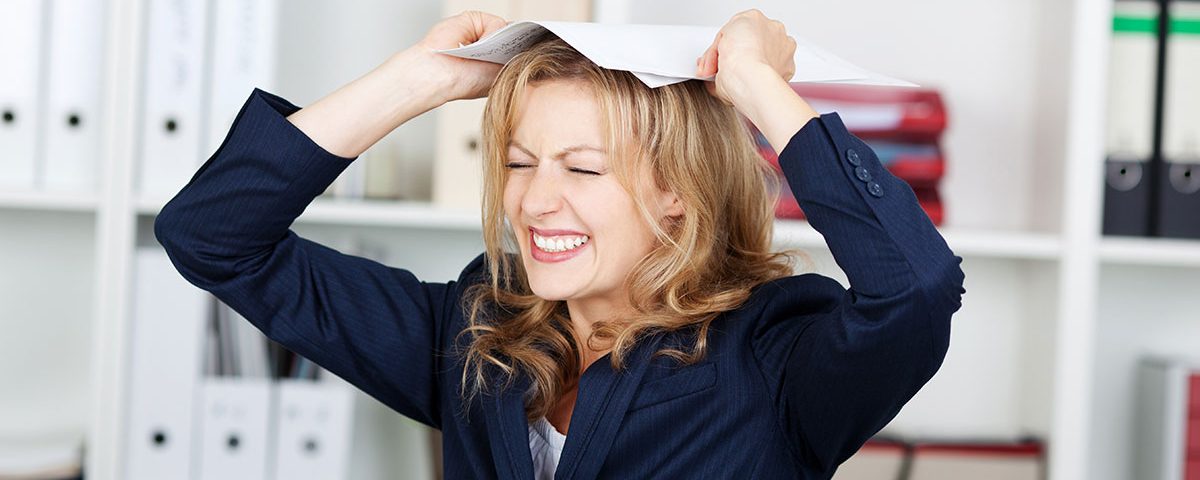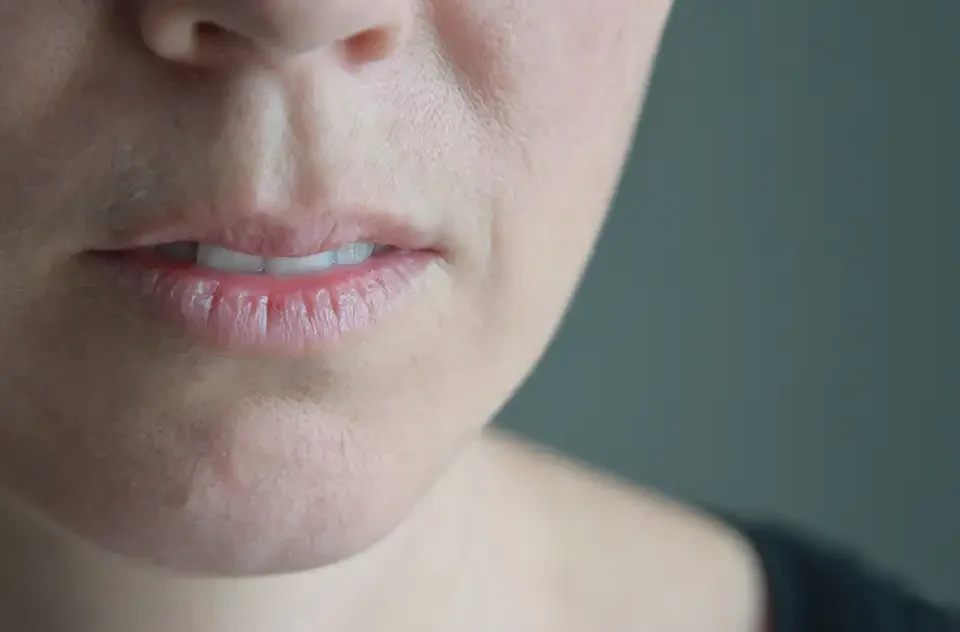How to Stop Clenching Your Teeth at Night

Cold and Flu Season and Oral Health
January 8, 2020
Oral Health and What We Drink
February 26, 2020
How to Stop Clenching Your Teeth at Night
If you ever wonder how to stop clenching your teeth at night, then we've got your guide to better sleep.
Teeth clenching is known as bruxism. You may not even realize you're doing it. But it can also keep you up at night.
The signs of teeth clenching include:
- Dull headaches
- Either a sore jaw or facial muscles
- Sensitive teeth
- Either Chipped or cracked teeth
- Loose teeth
- Both impressions and indentations on your tongue
- Cut Back on Caffeine
- Exercise Regularly
- Relax
- Stop Chewing on Things
- Talk to Your Dentist

